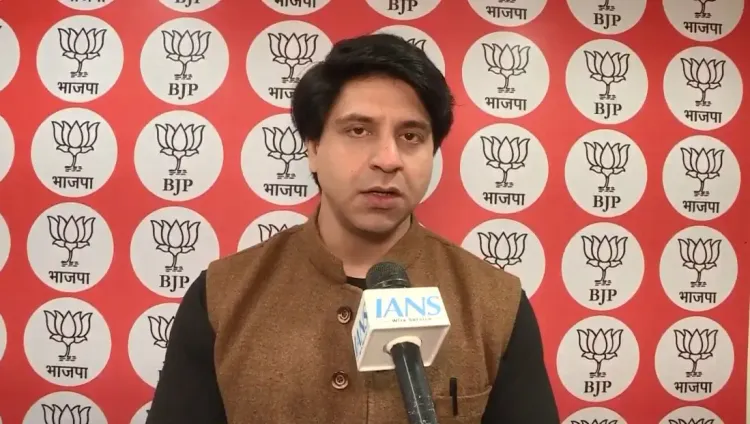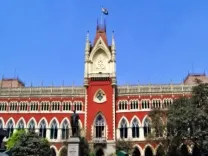BJP Calls for Rahul's Apology Following Hindenburg's Closure

Synopsis
Key Takeaways
- BJP demands Rahul Gandhi's apology.
- Hindenburg Research has announced disbandment.
- Supreme Court and DOJ investigations are ongoing.
- Poonawalla accuses Congress of economic sabotage.
- Nate Anderson cites personal reasons for closure.
New Delhi, Jan 16 (NationPress) Just hours after the American short-seller Hindenburg Research declared it would cease operations, BJP spokesperson Shehzad Poonawalla demanded an apology from the Leader of Opposition (LoP) Rahul Gandhi on Thursday.
In an interview with IANS, Poonawalla remarked, "It is evident that Hindenburg was funded, orchestrated, and organized to undermine the nation by taking 'supari.' There was no veracity to their claims. The Supreme Court scrutinized the issue, and thorough investigations were conducted, particularly as investors faced significant financial losses due to it. Furthermore, the United States Department of Justice is also conducting an inquiry."
Poonawalla further criticized Rahul Gandhi, stating, "The Congress MP treated the Hindenburg report as if it was divine. He must apologize for this. Gandhi should clarify his ties with Hindenburg. Is it mere coincidence or some foreign manipulation that the report emerged suddenly, allowing Congress to seize the Parliament's attention on this matter? They conspired to incite economic terrorism and chaos against India’s economy. With Hindenburg's closure now confirmed, the pressing question remains: will Gandhi offer his apology? I would like to know why they were engaging in such a conspiracy with foreign collaborators."
The founder of Hindenburg Research, Nate Anderson, recently revealed the firm's decision to disband, explaining that there was no singular reason for this choice—no threats, health concerns, or personal issues were involved. The firm had previously targeted leading corporate figures globally, including in India, often influenced by vested interests aiming to induce economic disruption.
In a letter on his website, Anderson expressed that the intensity of their work “has come at the cost of missing a lot of the rest of the world and the people I care about. I now see Hindenburg as a chapter in my life, not a core element that defines me.”
“As I’ve communicated with family, friends, and our team since late last year, I have opted to dissolve Hindenburg Research. The plan has been to wind down after we completed the pipeline of projects we were working on. And as of the last Ponzi cases we just finalized and are submitting to regulators, that day is today,” he stated.









